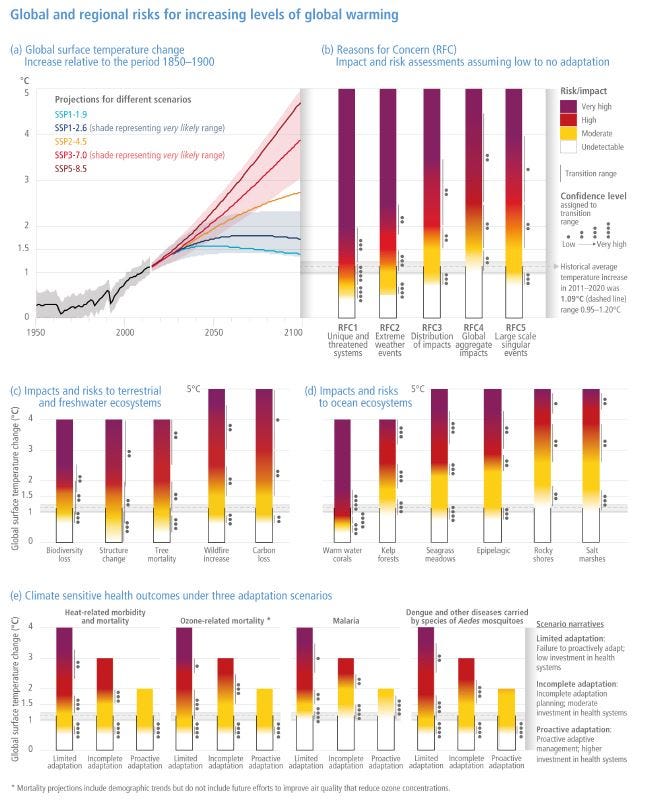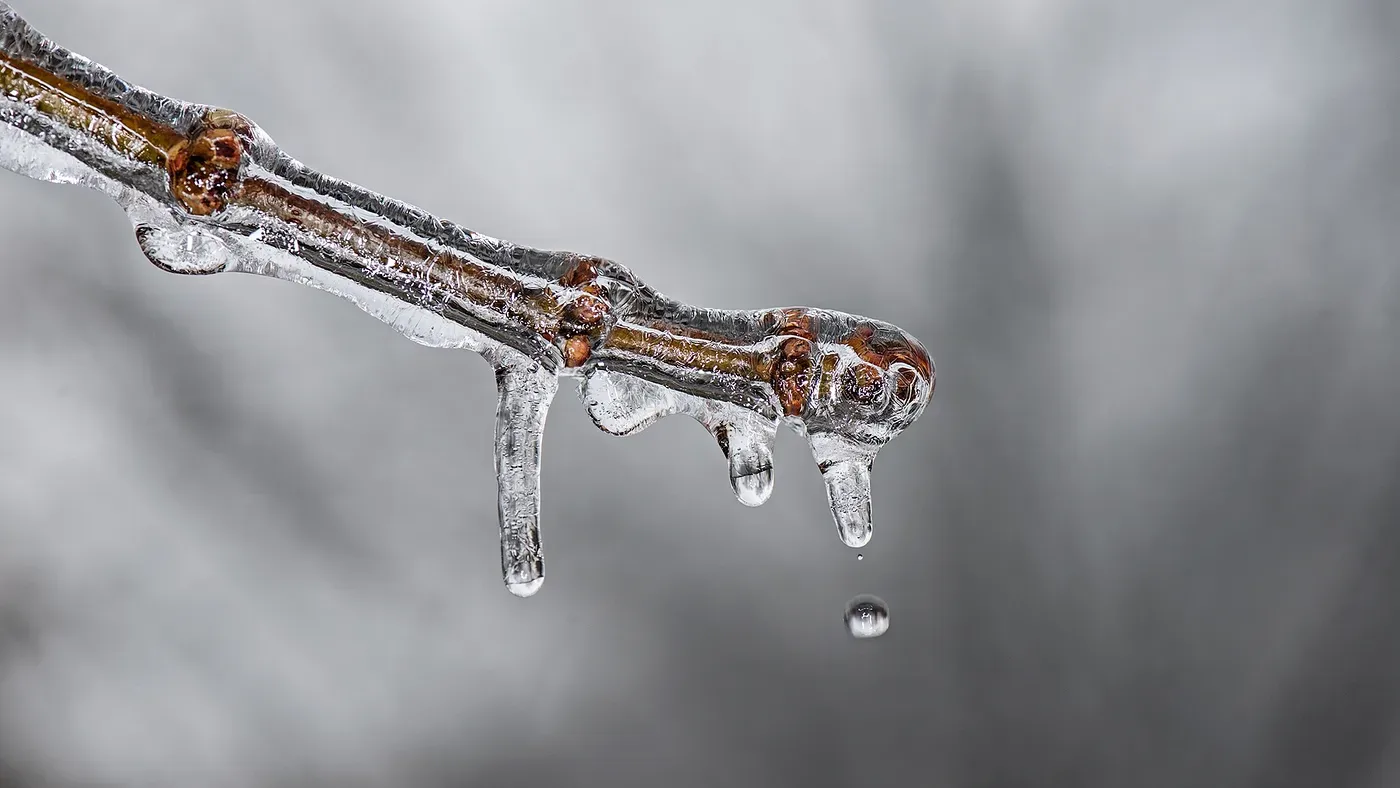We have been hearing a lot of varied news on how climate change is going to affect us. Not that it is regularly reported on mainstream media, but its effects are something we are already seeing. Rising temperatures, abrupt floods and hurricanes, food supply shocks are some of the issues we’ve been facing. So what’s new with this IPCC report?
IPCC is the Intergovernmental Panel on Climate Change, a body by the UN to share knowledge on the climate changes induced by humans and is composed of 195 nations. Since 1988, the IPCC has had five assessment cycles and delivered five Assessment Reports, the most comprehensive scientific reports about climate change produced worldwide. In short, these reports give a credible glimpse of the changing environment and research being carried out on the same. Assessment Report 6 is the latest one, which has a lot more serious issues described in it.
The report comprises all the relevant research carried out worldwide and in fact, the cumulative report is 3675 pages!
As that would be out of reach for this blog to explain, we will try mentioning a few key issues worldwide and take the discussion to a few Indian cities. Tighten your seat belts, here we go!
Climate change is going to impact everyone, but not equally.
This inequality will be tough to digest. It also means that some might end up facing wrath because of mistakes being made by someone 5000km apart. But that doesn’t mean they are gonna escape. Who can escape nature?
And we as humans, induced changes in nature, some of which are irreversible.
Let’s just talk about rising temperatures. With rising temperatures, the wind patterns change. There are reports that island nations will be faced with repetitive cyclones. Also, severe droughts and food shortages will become common in some parts of the world. The sea-level rise will be a threat to coastal cities.
You might be wondering by now, to what effect can the rising temperatures have an impact on the above-stated issues?
Building simulated models has become the norm in the computer era. By feeding various parameters and past data, we get to learn about the future probabilities of various situations(not the exact future, though). Researchers worldwide have built climate models in all cases including the extremes. The whole AR6 report is centred around rising temperatures and their impact.

The chart above is a summary of all models put together for our easy understanding.
It was agreed in the recent Glasgow summit that nations & governments will do everything in their power to limit the temperature rise to 1.5C when compared to the 1850–1900 period. The 1.5C rise in our daily life may not amount to a lot, but here we are talking about the global average temperature.
Now, how do we limit the temperature rise? By reducing greenhouse gas emissions. And this report provides a pathway for governments to induce policies that enable a certain level of greenhouse gas reductions. These greenhouse gas emission scenarios are gauged in the form of SSP—shared socio-economic pathways.
Coming back to the chart, (a) is all about SSPs. A core of five SSPs was selected as part of this report in the form of SSP 1–1.9, SSP 1–2.6, SSP 2–4.5, SSP 3–7.0, SSP 5–8.5. Each scenario has multiple effects on the way we live.
For our understanding, SSP 3–7.0 (translates to 2C rise in temperature) means malnutrition for up to 80 million(8 crore) people by 2050, just due to the temperature rise.

(b) is about RFC — Reasons for concern. Even if we keep to a 1.5C rise, we can see that there is a high impact on threatened systems and a moderate impact because of extreme weather events. Also, we can see that there is a high chance of Large-scale events/disasters that might happen by 2050 if we do not keep this down to 2C.

Chart (c) is about the losses that can happen on land and freshwater ecosystems. Chart (d) is about how the impact on the ocean ecosystem. The future here looks bleak and if we don’t act, it will be a lot bleaker than ever.
Chart (e) is about health effects and diseases that might prevail on high impact if we don’t act proactively to reduce emissions and keep the temperature rise to less than 1.5C.
Let’s now talk about something easy to relate to, the cities we live in(that are based in India*):
Temperature rise means the Himalayas & The Arctic melt. This would lead to the submerging of coastal cities. By 2100, here are the estimated values:
Mumbai 2ft
Chennai 1.87ft
Cochin 2.32 ft
Vishakhapatnam 1.77ft
The other Indian cities that the IPCC report warned of are Bhavnagar (2.70 feet), Mormugao (2.06 feet), Okha 1.96 (feet), Paradip (1.93 feet), Tuticorin (1.9 feet), Kandla (1.87 feet), Mangalore (1.87 feet), Khidirpur (0.49 feet).

Cities like Ahmedabad are reported to turn into urban heat islands. This usually happens when there are dense concrete buildings with less care for trees.
Gurugram, whose population has tripled to 2.5mn from 2001 to 2017, is expected to face groundwater issues. It is also expected to have higher temperatures and humidity going forward.
Hyderabad, which sits in the central part of the Deccan, is projected to have high temperatures and moderately increasing rainfall. Here’s our previous blog on the dramatic changes in rainfall patterns across India.
Bangalore is expected to face a water shortage in the coming years if no relevant action as per IPCC.
If you’re still reading this, you might have understood that we are “Not on track” with respect to Climate Action. But IPCC assures that “We can still be back” to some extent if we reduce our greenhouse gas emissions with immediate effect.

